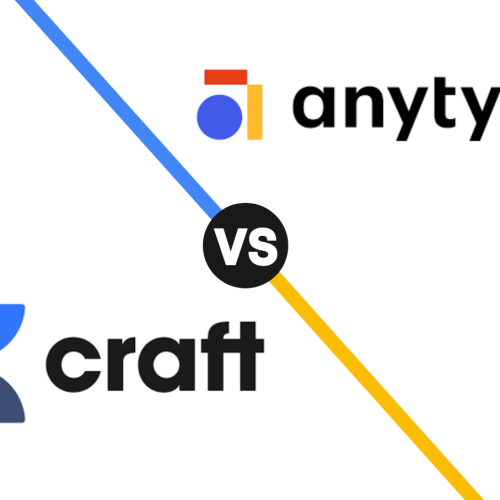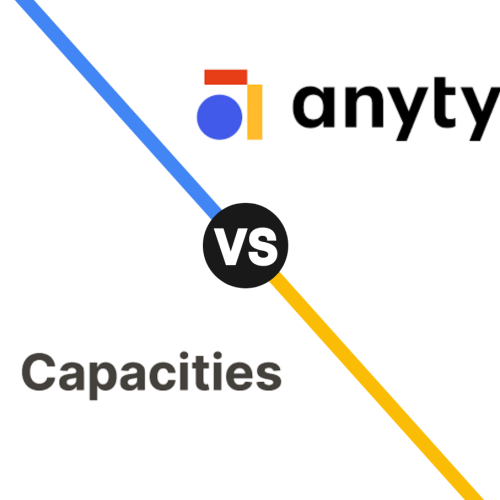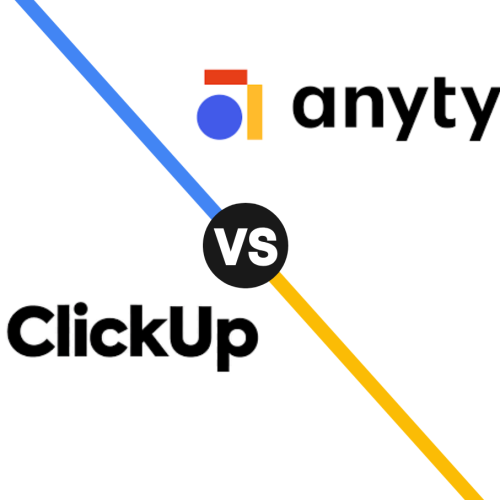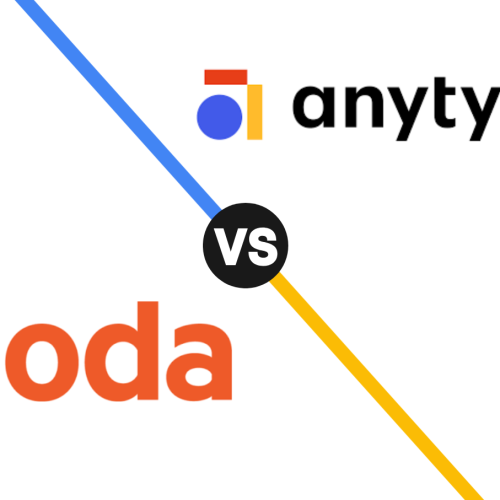Choosing the right community platform is a critical decision for creators, coaches, and businesses looking to build a thriving online space. Both Skool vs Circle are popular choices, offering a unique blend of community, courses, and content. However, their design philosophies and feature sets are quite different.
This article will break down the key differences between these two platforms to help you determine which one is the better choice for your specific needs in 2026. Whether you are a solo creator or a large organization, understanding their strengths and weaknesses is essential for long-term success.
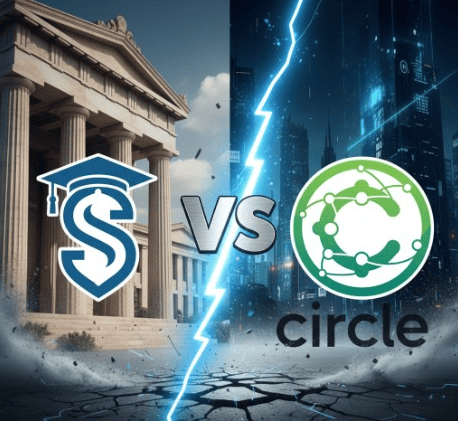
What is Skool?
Skool is a straightforward, all-in-one platform for creators who want to build and monetize a community around their courses. It’s known for its clean, simple user interface and a powerful gamification engine that includes points, levels, and leaderboards to drive member engagement. It’s a “less is more” approach that prioritizes simplicity.
This platform is a great fit for creators who want to get a community up and running quickly without a complex setup. Its core features, a community feed, a classroom for courses, and a calendar for events, are seamlessly integrated. The gamification and a single, focused discussion feed make it a strong choice for encouraging high member participation.
What is Circle?
Circle is a highly customizable and versatile community platform designed for a wide range of creators, brands, and businesses. It offers a powerful set of tools that allow you to create a branded, multi-faceted community with private spaces, live events, and advanced monetization options. It is a robust solution that puts branding and control in the hands of the user.
The main purpose of Circle is to be an all-in-one hub for a creator’s entire brand. Its features go beyond a simple community, including a dedicated email hub, a native mobile app for iOS and Android, and extensive automation. It’s an ideal choice for creators who want to build a more complex, segmented, and highly branded online experience with full ownership.
Conclusion: Skool vs Circle
In summary, Skool is the ideal platform for creators who prioritize simplicity, a strong focus on community engagement through gamification, and a straightforward user experience. It’s a fantastic option for those who want to launch a community and course quickly. Circle, on the other hand, is the superior choice for creators who need a high degree of customization, advanced features for segmentation and monetization, and a robust platform that can scale with their brand. Your choice depends on whether you prefer the simplicity of Skool or the powerful flexibility of Circle.
FAQs
- Which platform is easier to set up for beginners?
Skool is generally considered easier to set up. Its simple, out-of-the-box design means you can have a community and course running in minutes. Circle, with its extensive customization options and multiple spaces, requires more time and effort to set up correctly.
- Is there a free plan for either platform?
Neither platform offers a free-forever plan. However, both Skool and Circle offer a free trial, which allows you to test their full features before committing to a paid subscription.
- Which is better for hosting online courses?
Both platforms are good for courses, but they have different strengths. Skool’s classroom feature is simple and well-integrated with the community. Circle is better for structured learning, offering features like quizzes and drip content.
- Which platform has better customization and branding?
Circle is the clear winner for customization. It allows you to use a custom domain and offers extensive control over the look and feel of your community, including colors, fonts, and layouts. Skool has limited customization, as all communities on the platform share a similar look.
- Which one has better a mobile experience?
Both platforms have a mobile app. Skool is known for having a fast, clean, and bug-free mobile experience that is praised by its users. Circle also has a well-regarded app for both iOS and Android that supports all its main features.
- Do they both support live events?
Both platforms support live events, but Circle’s live-streaming capabilities are more robust. Circle has built-in features for live events, whereas Skool’s live events often require integrating with a third-party tool like Zoom or StreamYard.
- Which is better for monetizing a community?
Both platforms allow you to charge for memberships. However, Circle offers more flexibility for monetization with multiple products, one-time purchases, and different membership tiers. Skool’s monetization is focused on a single subscription price for a community.
- Which platform is better for community engagement?
Skool is highly praised for its gamification features, which include points, levels, and leaderboards that create a fun, competitive environment and drive engagement. While Circle also has gamification, Skool’s is the core of its platform.
- Can I integrate with other marketing tools?
Circle has a more powerful and extensive set of integrations, including a built-in email hub and workflows, and a wide array of third-party integrations. Skool’s integrations are more limited, relying primarily on Zapier to connect to other tools.
- Which is better for a large, growing community?
Circle is better for scaling a large community. Its ability to create separate “spaces” for different topics and member groups allows for better organization. Skool’s single community feed can feel cluttered as a group grows, making it better for small to medium-sized communities.


